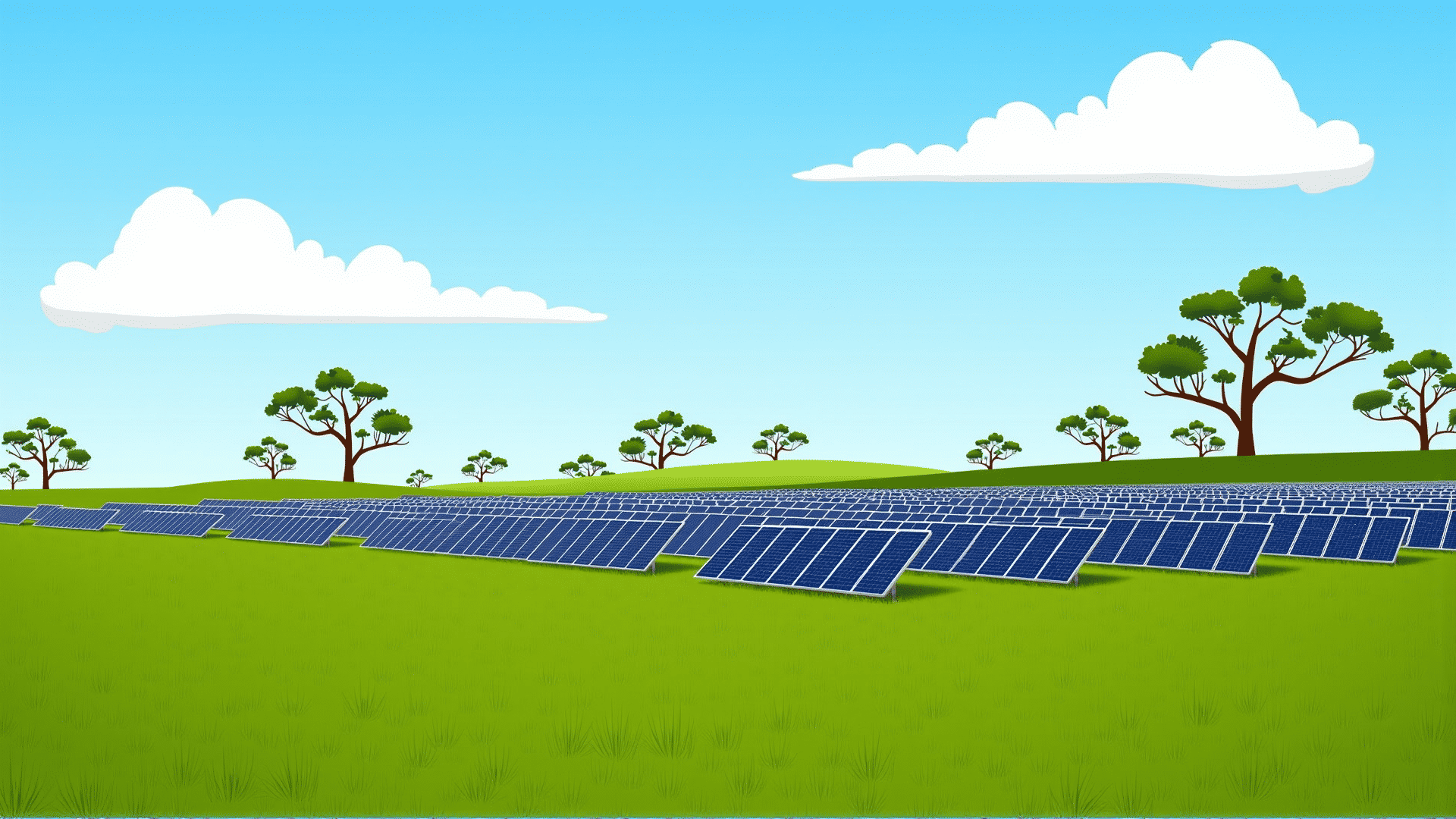Australia has been at the forefront of implementing strategies that foster sustainable economic growth, aligning closely with global economic theories which emphasize the balance between economic development and environmental stewardship. As the world grapples with challenges like climate change and resource depletion, Australia provides a valuable case study on harmonizing economic objectives with sustainability ideals.
Renewable Energy Transition
A cornerstone of Australia's approach is the transition towards renewable energy sources. By investing in solar, wind, and hydroelectric power, the country reduces its dependence on fossil fuels, thereby minimizing its carbon footprint. This initiative supports the global economic theory of endogenous growth, which posits that investment in renewable resources and technological innovation drives sustainable development. By accelerating the adoption of green technologies, Australia not only mitigates environmental impacts but also stimulates job creation in emerging sectors, promoting a resilient economy.
Circular Economy Models
Australia's strategy includes the adoption of circular economy models, which focus on resource efficiency and waste reduction. This approach aligns with the global theory of ecological economics, which advocates for the minimization of resource extraction and the maximization of product lifespan. By encouraging recycling, reusing, and remanufacturing, Australia reduces environmental degradation and supports a more sustainable economic model. This strategy benefits both the environment and the economy by creating new industries and preserving natural resources for future generations.
Sustainable Agriculture Practices
In its agricultural sector, Australia has introduced sustainable farming practices that prioritize soil health, biodiversity, and water conservation. Techniques such as regenerative agriculture and precision farming are employed to enhance productivity while ensuring ecological balance. This aligns with the global sustainable development goal of achieving food security without compromising environmental integrity. Sustainable agriculture not only strengthens Australia's food supply chain but also sets a precedent for other nations striving for harmony between agriculture and ecological well-being.
Infrastructure and Urban Planning
Australia's forward-thinking infrastructure and urban planning play a pivotal role in its sustainable economic growth strategies. By promoting the development of smart cities and efficient public transport systems, the country enhances urban liveability and reduces pollution. This approach reflects the new urban economics theory, which suggests that well-planned urban environments can boost productivity and reduce environmental impacts. Investments in infrastructure not only drive economic growth but also ensure that environmental sustainability is a core component of urban development.
Government Policy and International Collaboration
The Australian government has implemented policies that create an enabling environment for sustainable growth. These policies include incentives for businesses that adopt environmentally friendly practices and impose regulations on industries with high environmental impacts. Additionally, Australia's commitment to international agreements like the Paris Accord showcases its dedication to global collaborative efforts in combating climate change. This international cooperation exemplifies the principle of global economic interdependence, where collective action is crucial for addressing complex environmental and economic challenges.
In conclusion, Australia's sustainable economic growth strategies demonstrate a comprehensive approach that integrates economic development with environmental sustainability. By aligning with global economic theories and implementing forward-looking initiatives, Australia paves the way for a future where economic prosperity and ecological responsibility are mutually inclusive. As the world looks towards sustainable growth models, Australia's strategies offer valuable insights and a blueprint for nations striving to achieve balanced and sustainable development.
